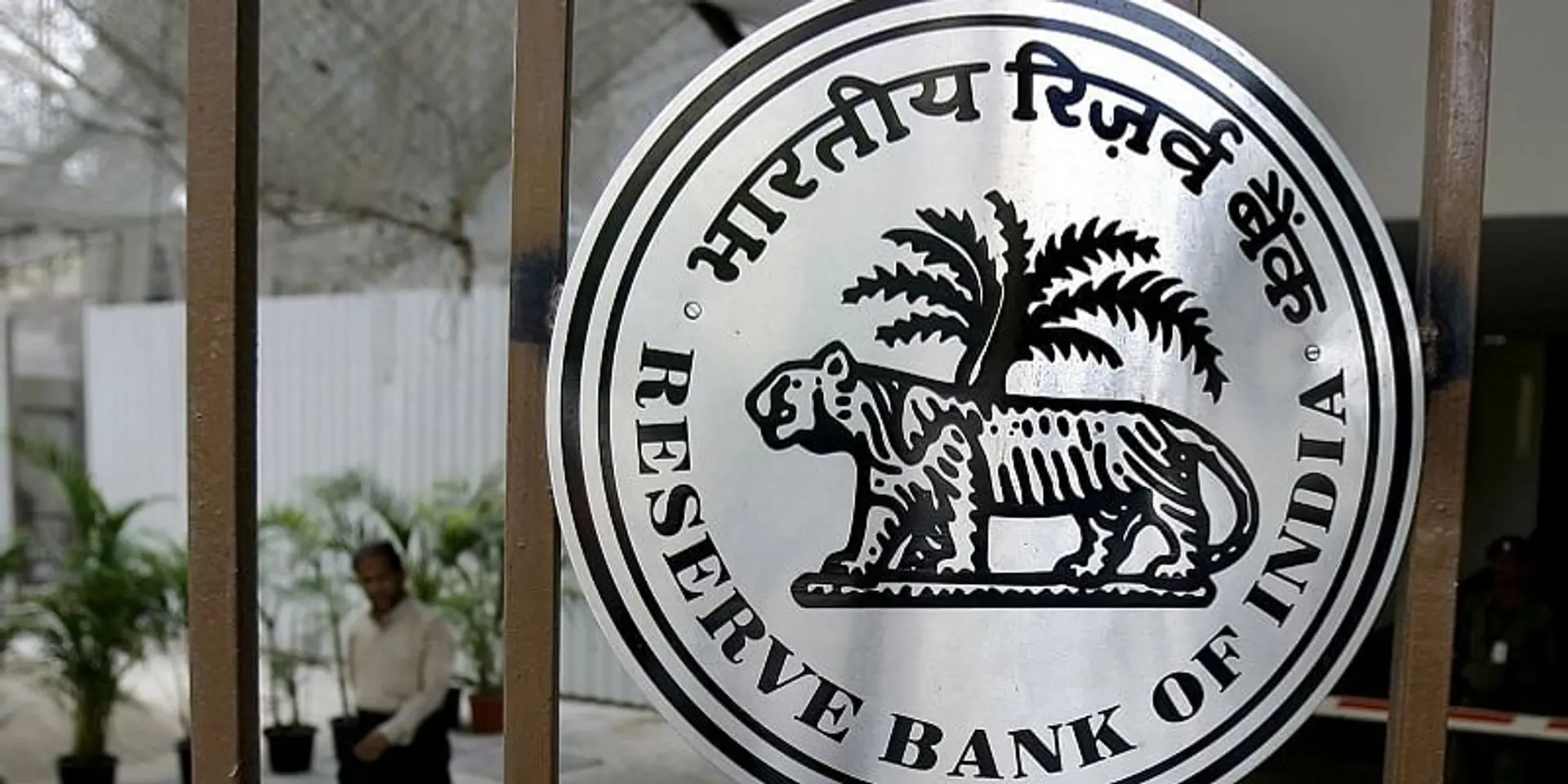RBI meet: SRO draft framework for recognising banks/NBFCs; soundboxes to come under govt fund
Governor announced the extension of the PIDF Scheme by two years, besides extending it towards deployment of emerging modes of payment acceptance.
The Reserve Bank of India (RBI) will soon come out with a draft framework for recognising Self-Regulatory Organisations (SROs) for banks and NBFCs.
“In view of the potential role of SROs in strengthening compliance culture among their members and also providing a consultative platform for policymaking, it has been decided to issue an omnibus framework for recognising SROs for various Regulated Entities (REs) of the Reserve Bank,” the Statement on Developmental and Regulatory Policies issued on the sidelines of Monetary Policy Committee (MPC) meet read.
The framework shall prescribe the broad objectives, functions, eligibility criteria, governance standards, etc., which will be common for all SROs, irrespective of the sector.
The central bank said it may prescribe sector-specific additional conditions at the time of calling for applications for recognising such SROs.
The draft will be released for stakeholder comment.
Touted as an important link between the regulator and market participants in a less formal set-up, SROs are non-governmental organisations that set and enforce rules and standards relating to the conduct of the member entities. They ideally collaborate with stakeholders in framing the rules and act as a watchdog and encourage members to adopt responsible and ethical practices.
Governor Shaktikanta Das, last month, called for self-regulation among fintechs, both regulated and non-regulated entities, and setting up an SRO, saying it would provide them with a platform to voice requirements while alleviating the RBI from shouldering the entirety of regulatory responsibilities.
Extension of payments infrastructure development fund
The government has decided to extend the Payments Infrastructure Development Fund (PIDF) Scheme by two years, besides expanding its coverage to include the beneficiaries of the PM Vishwakarma Scheme.
Further, the fund would now be extended to enable the deployment of emerging modes of payment acceptance, such as soundbox and Aadhaar-enabled biometric payment acceptance devices, Governor Das said while announcing the monetary policy decision on Friday.
It was informed that the fund, since its launch in 2021, has enabled over 2.66 crore new payment touchpoints across the country.
“These measures will further accelerate the Reserve Bank’s efforts to promote digital payments at the grassroots level,” he said.
Further, the RBI has proposed to allow cardholders to create Card-on-File (CoF) tokens directly at the issuer bank level instead of creating the same through the merchant’s application or webpage.
Tokenisation was introduced for all credit and debit cards in October last year for better security. The process replaces sensitive card details with a unique identifier or Token. So far over 56 crore tokens have been created on which transactions with value of over Rs 5 lakh crore have been undertaken.
At present, a Card-on-File (CoF) token can only be created through a merchant's application or webpage. The proposed change is likely to add convenience for cardholders to get tokens created and linked to their existing accounts with various e-commerce applications. Instructions in this regard will be issued separately, the regulator said.
Edited by Affirunisa Kankudti







